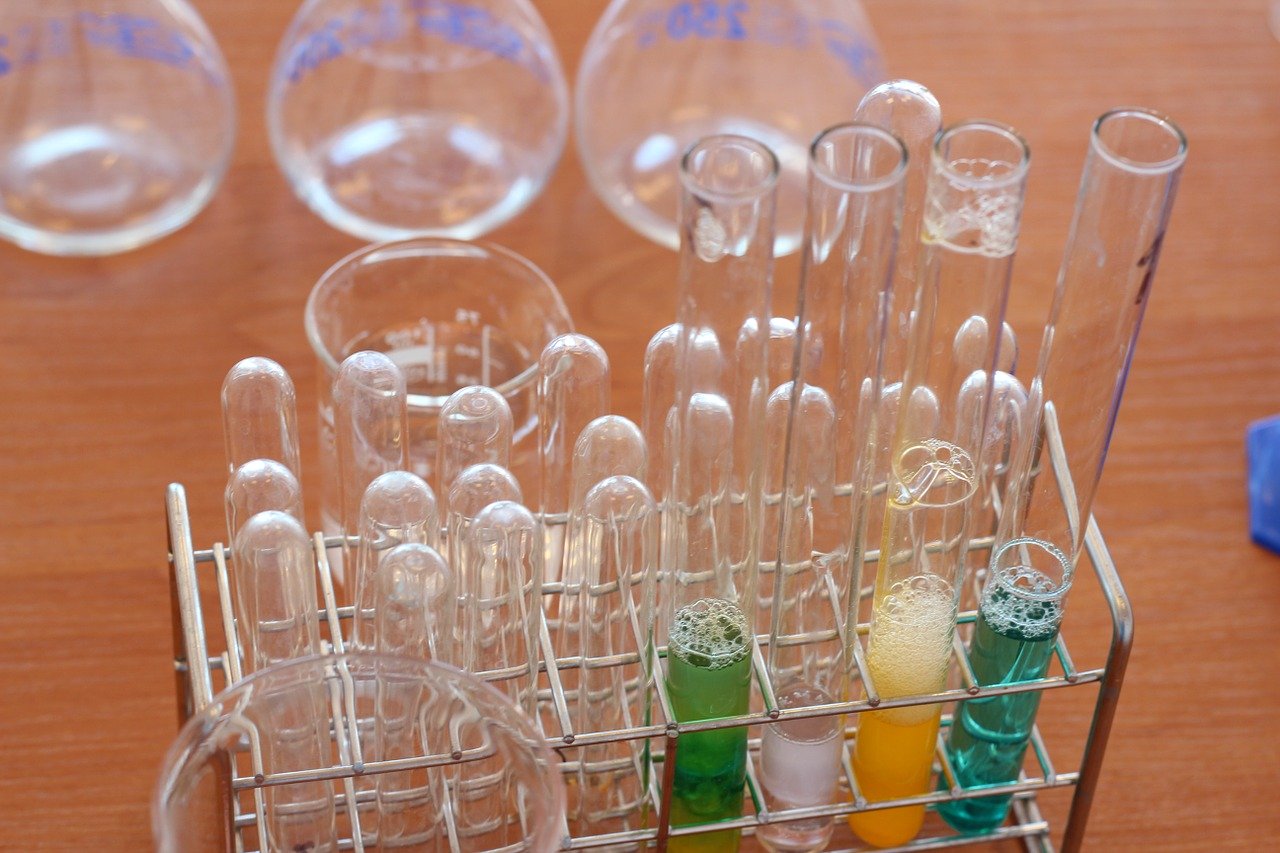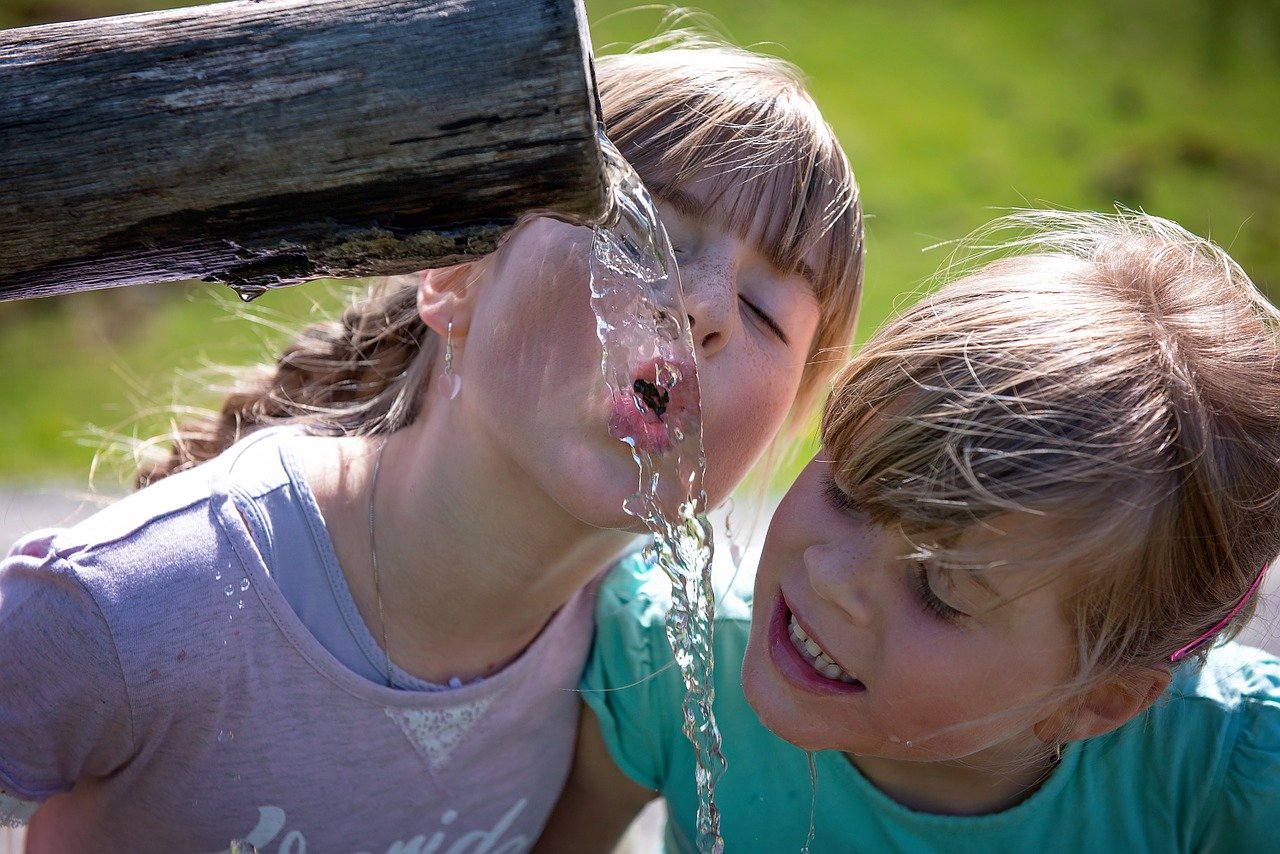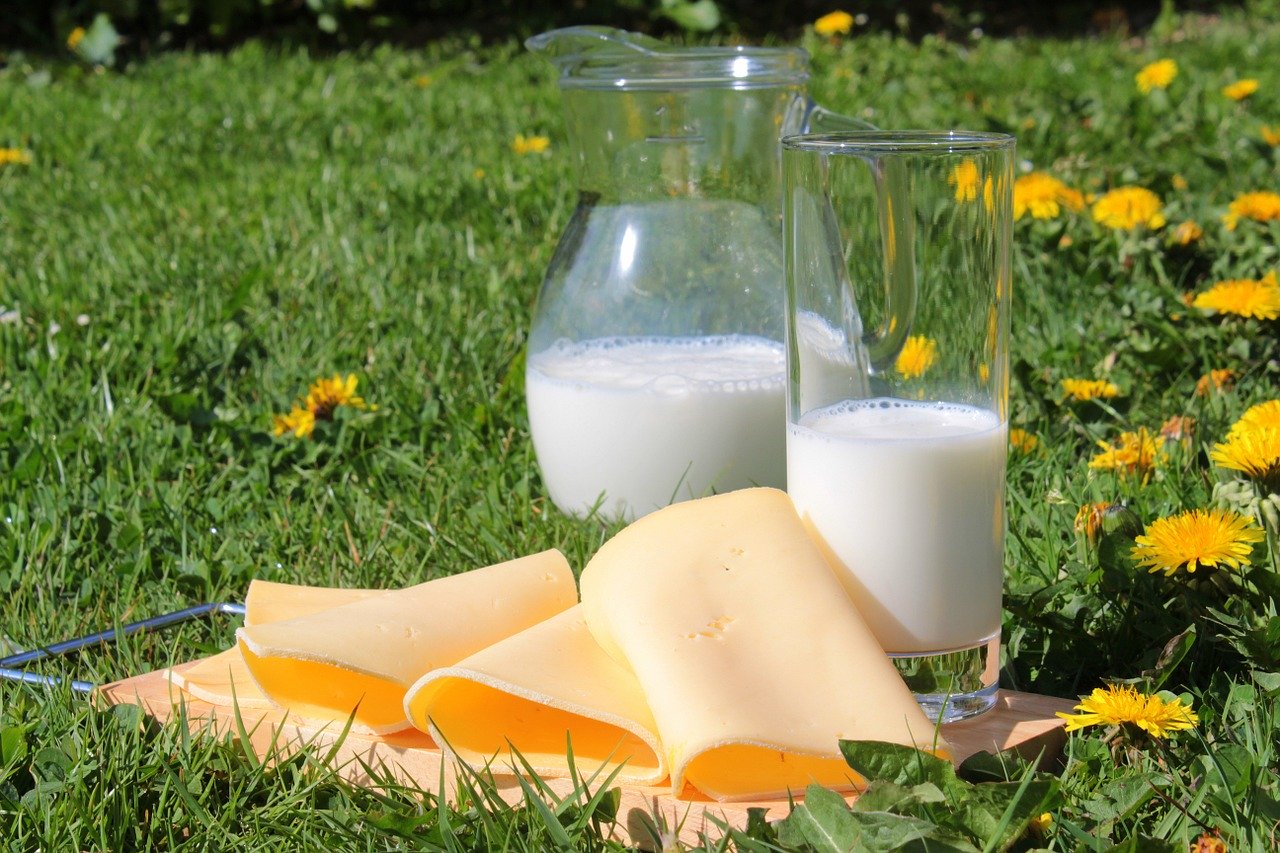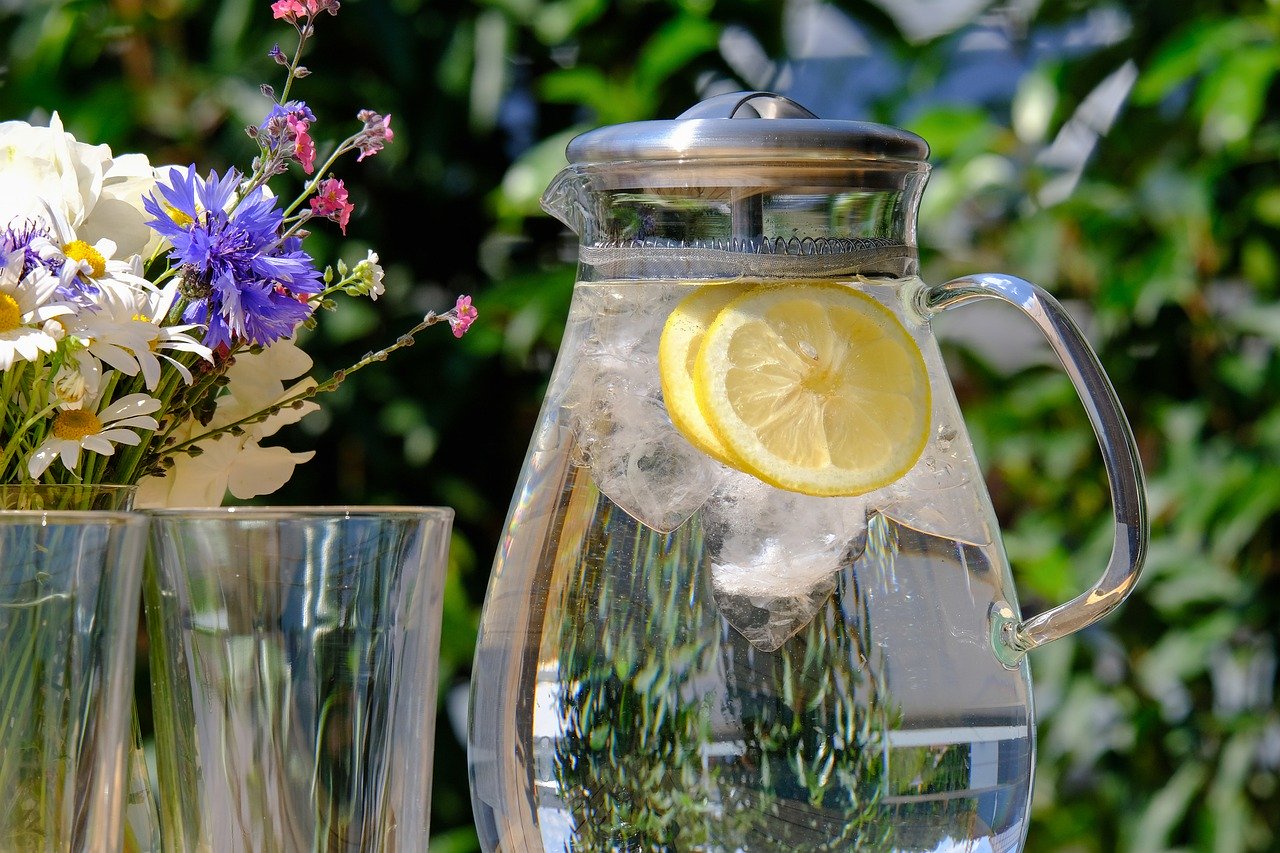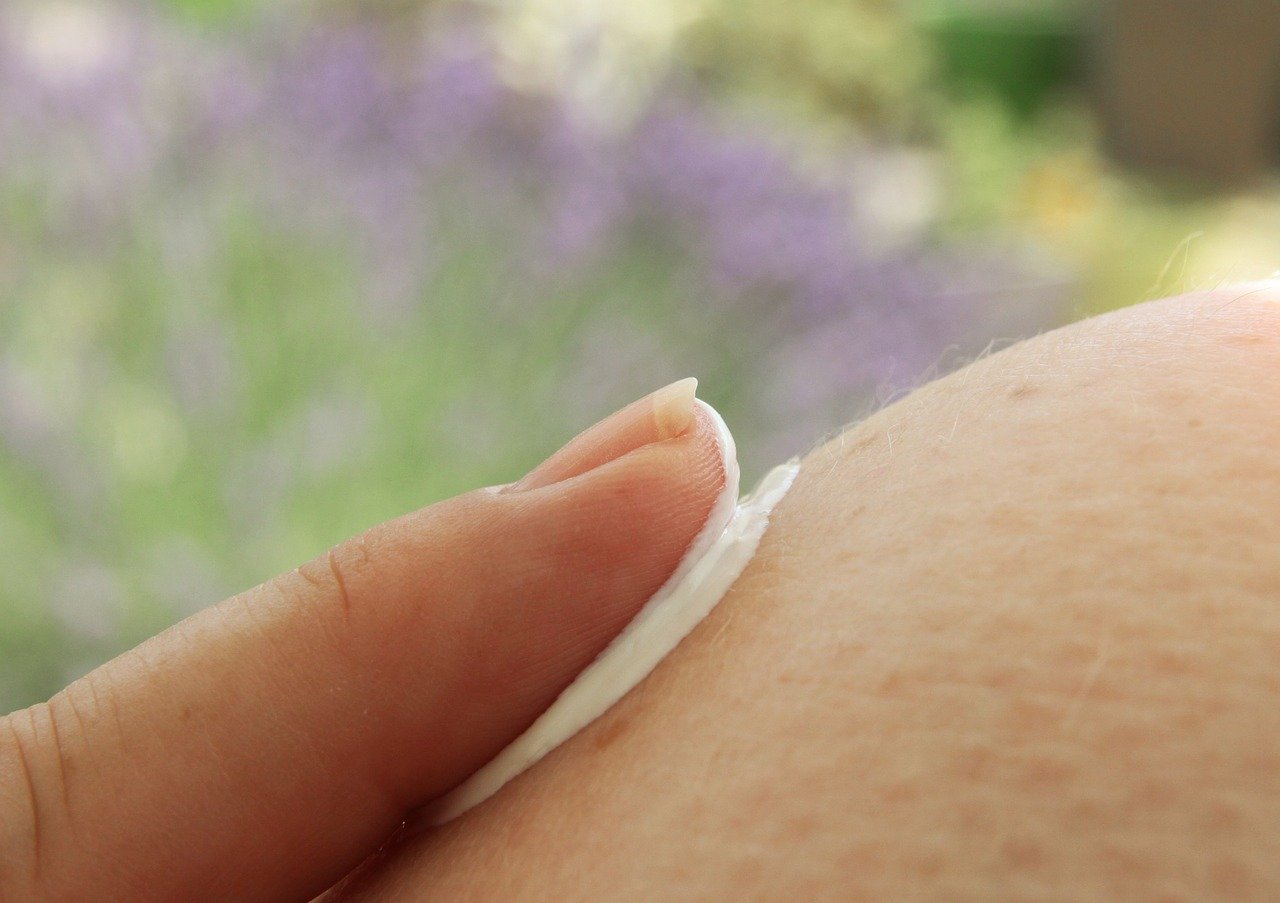In February 2018 researchers from Poland published their review on endocrine disrupting chemicals and whether they are a danger to a child’s health. The researchers stated that endocrine disrupting chemicals … Read more
Families with young children should be encouraged to increase water intake whilst reducing the intake of sugar-sweetened beverages and limiting 100% fruit juices to the recommended 4-6oz per day
In January 2019 researchers from the USA published the results of their study to assess the association between beverage intake and body weight in preschool-age children. Information on beverage intake … Read more
Single servings of dairy have a differing effect on postprandial satiety and blood glucose levels which should be taken into consideration when managing the metabolic syndrome
In December 2019 researchers from Canada published the results of their study to assess whether dairy products reduced appetite and improved the postprandial glycaemic response in either young or older … Read more
An analysis of drinking water from the East Anglia region of the UK was found to contain citalopram, cocaine, fluoxetine, ketamine, mephedrone, methamphetamine and methylone
In May 2019 researchers from the UK published the results of their study which described a new method for the simulatenous identification of pharmaceutical products and drugs of substance abuse … Read more
Iodine fortification of foods other than salt to prevent iodine deficiency disorders is uncertain although iodine levels are seen to significantly increase
In February 2019 researchers from Australia published their review of the medical scientific literature to assess the effect of fortifying foods, beverages, condiments, or seasonings with iodine alone or in … Read more
Oxybenzone, found in sunscreens, may be associated with contact and photocontact allergy reactions and Hirschsprung’s disease, as well as producing a variety of toxic reactions in coral and fish ranging from reef bleaching to mortality
In February 2018 researchers from from the USA published their review on the chemical oxybenzone (also known as Benzophenone-3) which is an emerging human and environmental contaminant used in sunscreens … Read more
Using a cleansing oil appears to be the most effective method of removing either a non-waterproof or a waterproof sunscreen from the body
In June 2019 researchers from China assessed different cleaning methods for removing sunscreen. A total of 20 individuals were included in the study. Each individual applied either a non-waterproof sunscreen … Read more
Call for action on the consumption of sugar-sweetened beverages: Position Paper on behalf of the European Academy of Paediatrics and the European Childhood Obesity Group
In April 2019 researchers from Poland, Belgium, Austria, Italy, Germany, France, Israel and Cyprus published a Position Paper on behalf of the European Academy of Paediatrics and the European Childhood … Read more
Governments should adopt policies to limit the intake of free sugars of up to 5% energy intake for children and adolescents aged between 2-18 years and even lower for infants and toddlers under 2 years
In December 2017 researchers from Slovenia, Switzerland, Czech Republic, Spain, Sweden, UK, Croatia, The Netherlands, Italy, France, USA, Germany, and Denmark on behalf of the European Society for Paediatric Gastroenterology, … Read more
Perchlorate
Perchorlate, in large amounts, has the ability to interfere with thyroid function as it interferes with iodine uptake, and individuals exposed to excessive amounts of perchlorate for a long time … Read more
Beetroot juice appears to enhance the reduction of the systolic blood pressure level for up to 6 hours following a moderate-intensity aerobic exercise in obese individuals
In February 2019 researchers from Brazil published the results of their study to assess the effect of beetroot juice on post-exercise blood pressure levels in obese individuals. Fourteen individuals with … Read more
A high consumption of soft drinks is associated with a low water intake in children
In May 2017 researchers from The Netherlands published the results of their study to assess the association between fruit juice and soft drinks consumption and water consumption by children as … Read more
Children should be made aware of the importance of adequate hydration, especially if they are more active
In December 2018 researchers from Spain published the results of their study to assess the hydration status and water intake in 242 children, aged 7-12 years, together with an assessment … Read more
Individuals exposed to arsenic found in drinking water appear to have an increased risk of bladder cancer
In July 2018 researchers from the USA published the results of their study to assess whether any variables, eg age, sex, smoking status, body mass index (BMI), alcohol consumption, and … Read more
Chocolate milk appears to be better than water or other “sports drinks” for post-exercise recovery
In June 2018 researchers from Iran and Canada published their review of the scientific literature to assess the effectiveness of chocolate milk on post-exercise recovery markers when compared to either … Read more

